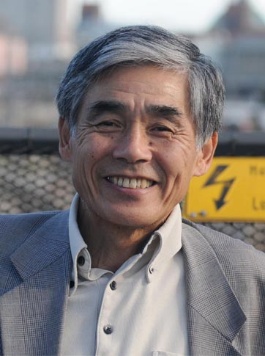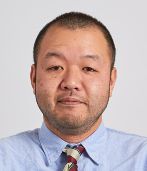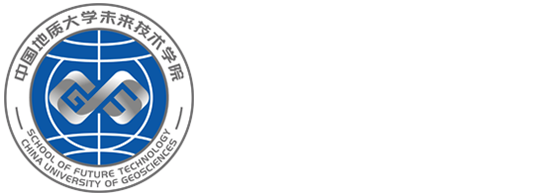报告时间:2025年5月8日下午15:00
报告地点:竞博JBO电竞学术报告厅(东区宝创中心三楼)
报告人:Shinji Hara, Professor Emeritus of Tokyo Institute of Technology and the University of Tokyo
报告题目:Cooperative Control for Multi-agent Dynamical Systems with Physical Interactions: Glocal (Global/Local) Control Viewpoint
Abstract
There are a variety of multi-agent dynamical systems with physical constraints, where the purpose of control is to achieve the global tasks by cooperation among bunch of agents having their local objectives. One of the ideas to handle such systems is "Glocal (Global/Local) Control," meaning that the global objective is achieved mainly by local actions of sensing and control in a cooperative manner, where the most important issue is how to compromise the global and local control objectives. This talk starts with the background of the research directions and provides new control theories by utilization of powerful existing theories in classical, modern, and robust control. These enable us to develop scalable analysis and synthesis methodologies for cooperative control. The effectiveness of the proposed methods is verified through practical applications including a type of electric vehicle with multiple locally controlled wheels.
Short Biography
 Shinji Hara received the B.S., M.S., and Ph.D. in engineering from Tokyo Institute of Technology, Japan, in 1974, 1976, and 1981, respectively. In 1984, he joined Tokyo Institute of Technology as an Associate Professor and served as a Full Professor for ten years. From 2002 to 2017 he was a Full Professor in the Department of Information Physics and Computing at the University of Tokyo. He is Professor Emeritus of Tokyo Institute of Technology and the University of Tokyo. His current research interests are
Shinji Hara received the B.S., M.S., and Ph.D. in engineering from Tokyo Institute of Technology, Japan, in 1974, 1976, and 1981, respectively. In 1984, he joined Tokyo Institute of Technology as an Associate Professor and served as a Full Professor for ten years. From 2002 to 2017 he was a Full Professor in the Department of Information Physics and Computing at the University of Tokyo. He is Professor Emeritus of Tokyo Institute of Technology and the University of Tokyo. His current research interests are
in robust control, decentralized cooperative control for large-scale networked dynamical systems, system biology, and glocal control.
Dr. Hara has received many awards in control including the George S. Axelby Outstanding Paper Award from the IEEE Control System Society in 2006. He was the President of SICE (Society of Instrument and Control Engineers, Japan) in 2009, a Vice President of the IEEE Control Systems Society in 2009 to 2010, and an IFAC Council member from 2011 to 2017. He is a Fellow of IFAC, IEEE, and SICE.
报告人:Hiroaki Kurokawa, Professor of Tokyo University of Technology
报告题目:Looking back at the 2nd generation of AI
Abstract
In the 1980s, the second generation of Artificial Intelligence sparked significant interest, leading to an AI boom. During this period, key technologies such as multi-layer neural networks and heuristic methods were developed—many of which continue to play essential roles in modern AI. In this talk, I will introduce several applications of these “classic AI technologies” that may offer alternative solutions to current AI challenges.
Short Biography
 Hiroaki Kurokawa received his B.E., M.E., and Ph.D. in Electrical Engineering from Keio University, Yokohama, Japan, in 1993, 1995, and 1998, respectively. He is currently a professor with the Department of Electric and Electronic Engineering, School of Engineering, Tokyo University of Technology. His research interests include natural computing, computational intelligence, and its applications. He is a member of the IEEE, IEICE.
Hiroaki Kurokawa received his B.E., M.E., and Ph.D. in Electrical Engineering from Keio University, Yokohama, Japan, in 1993, 1995, and 1998, respectively. He is currently a professor with the Department of Electric and Electronic Engineering, School of Engineering, Tokyo University of Technology. His research interests include natural computing, computational intelligence, and its applications. He is a member of the IEEE, IEICE.

